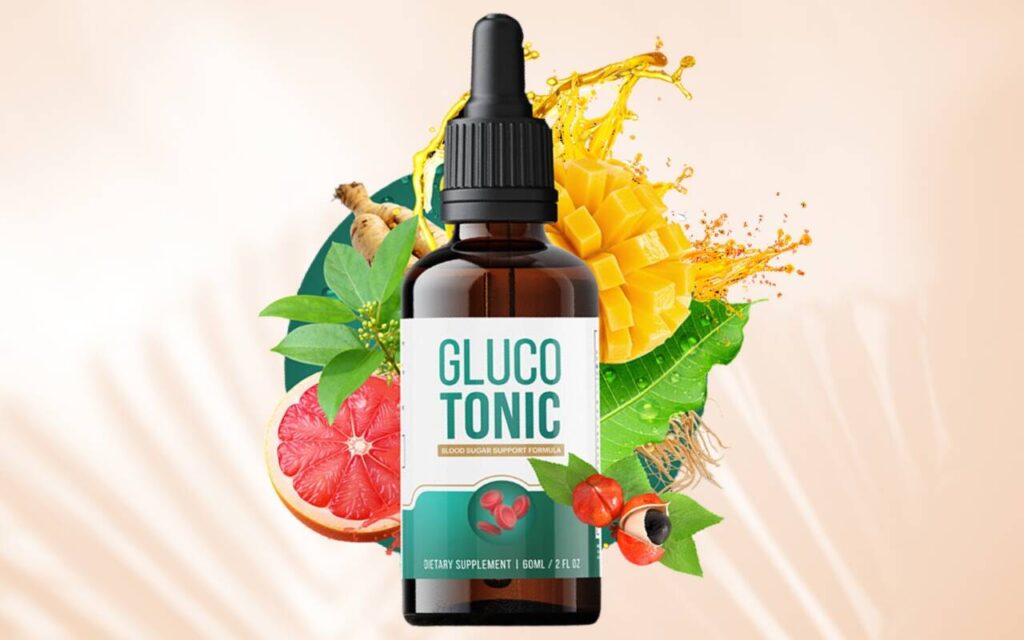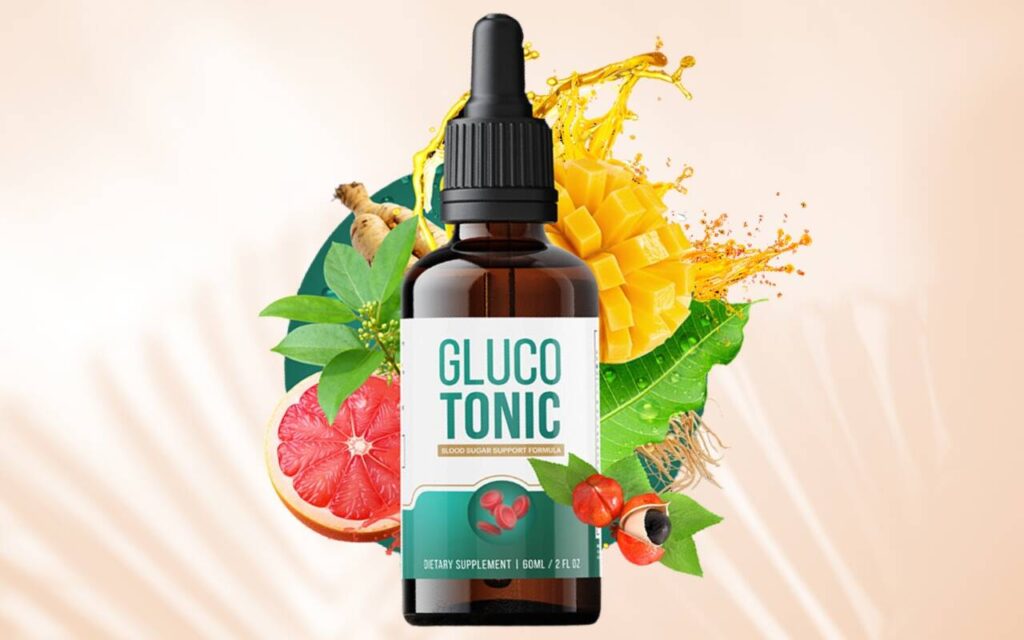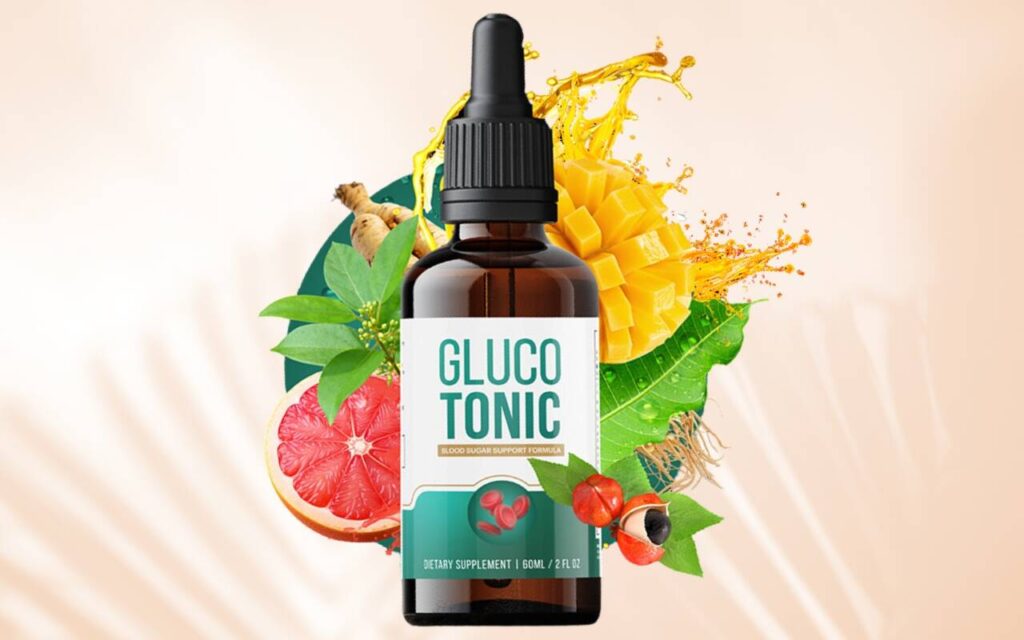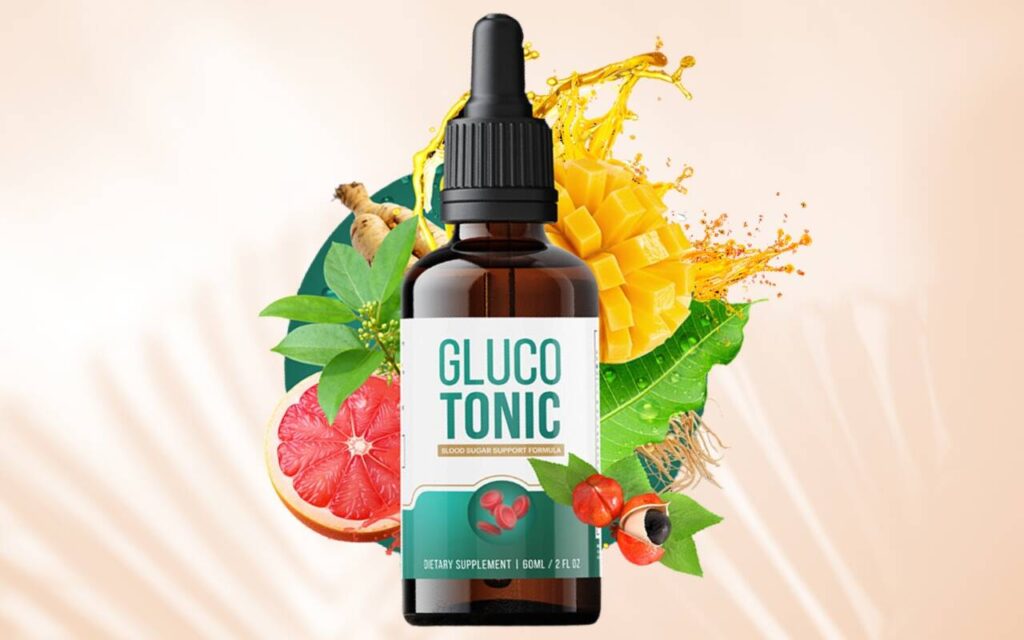Supplements to Lower Blood Sugar Naturally Post Meal
Maintaining healthy blood sugar levels is crucial for overall well-being, especially after meals when glucose levels tend to spike. While diet and exercise play a significant role, certain supplements to lower blood sugar naturally can provide additional support. This article explores evidence-based supplements that help regulate post-meal glucose levels, their mechanisms of action, and how to incorporate them into your routine.
Understanding Post-Meal Blood Sugar Spikes
After eating, carbohydrates break down into glucose, causing blood sugar levels to rise. In healthy individuals, insulin helps shuttle glucose into cells for energy. However, insulin resistance, poor dietary choices, or metabolic disorders can lead to prolonged high blood sugar, increasing the risk of diabetes and other complications.
Fortunately, several natural supplements can help mitigate these spikes by improving insulin sensitivity, slowing carbohydrate absorption, or enhancing glucose metabolism. Below are the most effective supplements to lower blood sugar naturally post-meal.
1. Berberine
How It Works
Berberine, a bioactive compound found in plants like goldenseal and barberry, is one of the most potent supplements to lower blood sugar naturally. It activates AMP-activated protein kinase (AMPK), a key enzyme that regulates metabolism and improves insulin sensitivity. Studies show berberine can reduce post-meal glucose levels by up to 20%.
Dosage & Usage
- Recommended Dose: 500 mg, taken 2-3 times daily with meals.
- Best Taken: Right before or with meals to maximize its glucose-lowering effects.
Potential Side Effects
Some users may experience mild digestive discomfort. Consult a healthcare provider before use, especially if taking other medications.
2. Cinnamon Extract
How It Works
Cinnamon enhances insulin sensitivity and slows gastric emptying, reducing the speed at which glucose enters the bloodstream. Research indicates that cinnamon can lower post-meal blood sugar by 10-30%.
Dosage & Usage
- Recommended Dose: 1-6 grams daily (or 500 mg of cinnamon extract).
- Best Taken: With meals, particularly those high in carbohydrates.
Potential Side Effects
High doses may cause liver toxicity in sensitive individuals. Opt for Ceylon cinnamon over cassia for long-term use.
3. Alpha-Lipoic Acid (ALA)
How It Works
ALA is a powerful antioxidant that improves glucose uptake in cells and reduces oxidative stress linked to insulin resistance. It also helps regenerate other antioxidants like vitamin C and E, further supporting metabolic health.
Dosage & Usage
- Recommended Dose: 300-600 mg daily.
- Best Taken: With meals to enhance its blood sugar-modulating effects.
Potential Side Effects
High doses may cause nausea or skin rash. Diabetics should monitor blood sugar closely when starting ALA.
4. Chromium Picolinate
How It Works
Chromium is an essential mineral that enhances insulin receptor activity, improving glucose metabolism. Studies suggest chromium picolinate can reduce post-meal glucose spikes by up to 23%.
Dosage & Usage
- Recommended Dose: 200-1,000 mcg daily.
- Best Taken: With meals for optimal absorption.
Potential Side Effects
Excessive intake may lead to kidney issues, so stick to recommended doses.
5. Fenugreek
How It Works
Fenugreek seeds contain soluble fiber and compounds like trigonelline, which slow carbohydrate digestion and improve insulin sensitivity. Research shows fenugreek can reduce post-meal blood sugar by 13-20%.
Dosage & Usage
- Recommended Dose: 5-50 grams of seeds or 1-2 grams of extract daily.
- Best Taken: Before or with meals.
Potential Side Effects
May cause digestive upset in some individuals.
6. Magnesium
How It Works
Magnesium plays a vital role in glucose metabolism and insulin action. Deficiency is linked to insulin resistance, making supplementation beneficial for blood sugar control.
Dosage & Usage
- Recommended Dose: 200-400 mg daily.
- Best Taken: With meals to enhance absorption.
Potential Side Effects
High doses may cause diarrhea. Opt for magnesium glycinate or citrate for better tolerance.
7. Gymnema Sylvestre
How It Works
Gymnema Sylvestre, known as the "sugar destroyer," reduces sugar absorption in the intestines and may regenerate pancreatic beta cells, improving insulin production.
Dosage & Usage
- Recommended Dose: 200-400 mg of extract daily.
- Best Taken: Before meals to curb sugar cravings and glucose spikes.
Potential Side Effects
May lower blood sugar too much if combined with diabetes medications.
8. Apple Cider Vinegar (ACV)
How It Works
ACV improves insulin sensitivity and slows gastric emptying, reducing post-meal glucose spikes by up to 34%.
Dosage & Usage
- Recommended Dose: 1-2 tablespoons diluted in water.
- Best Taken: Before meals.
Potential Side Effects
May erode tooth enamel—rinse mouth after consumption.
9. Probiotics
How It Works
Gut bacteria influence glucose metabolism. Probiotics like Lactobacillus and Bifidobacterium improve insulin sensitivity and reduce inflammation.
Dosage & Usage
- Recommended Dose: 1-10 billion CFUs daily.
- Best Taken: With meals for better survival through digestion.
Potential Side Effects
Rare, but some may experience bloating.
10. Green Tea Extract
How It Works
Rich in polyphenols like EGCG, green tea extract enhances insulin sensitivity and reduces glucose production in the liver.
Dosage & Usage
- Recommended Dose: 250-500 mg of extract daily.
- Best Taken: With meals.
Potential Side Effects
High doses may cause caffeine-related jitters.
Combining Supplements for Optimal Results
While each of these supplements to lower blood sugar naturally is effective alone, combining them can enhance benefits. For example:
- Berberine + Cinnamon: Boosts insulin sensitivity and slows glucose absorption.
- Magnesium + Chromium: Supports enzymatic pathways in glucose metabolism.
Always consult a healthcare provider before stacking supplements, especially if on medication.
Lifestyle Tips to Enhance Supplement Efficacy
Supplements work best alongside healthy habits:
- Eat a Balanced Diet: Focus on fiber, protein, and healthy fats to slow glucose absorption.
- Exercise Regularly: Physical activity improves insulin sensitivity.
- Stay Hydrated: Water helps kidneys flush excess glucose.
- Monitor Blood Sugar: Track levels to assess supplement effectiveness.
Final Thoughts
Incorporating supplements to lower blood sugar naturally post-meal can be a game-changer for metabolic health. From berberine and cinnamon to probiotics and magnesium, these natural aids offer science-backed benefits. Pair them with a healthy lifestyle for optimal blood sugar control and long-term wellness.
Always consult a healthcare professional before starting new supplements, especially if you have diabetes or other medical conditions.
Frequently Asked Questions
FAQ
-
What are the best supplements to lower blood sugar naturally after a meal?
Some effective supplements include cinnamon extract, berberine, alpha-lipoic acid, and fenugreek, which help regulate blood sugar levels post-meal. -
How quickly do these supplements work to reduce blood sugar?
Results vary, but some supplements like berberine may start showing effects within a few weeks, while others, such as cinnamon, may take longer with consistent use. -
Are there any side effects of taking blood sugar-lowering supplements?
Some supplements may cause mild digestive discomfort or interact with medications, so it’s best to consult a healthcare provider before starting any new supplement. -
Can these supplements replace a healthy diet and exercise for managing blood sugar?
No, supplements should complement a balanced diet and regular physical activity, not replace them, for optimal blood sugar control.





